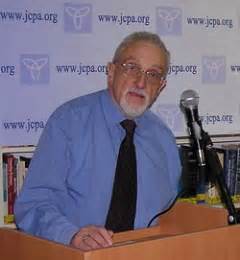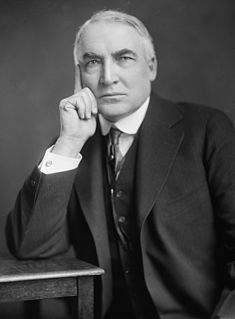A Quote by John M Swomley
[The Drafters of the Constitution] were intent on avoiding more than 100 years of religious intolerance and persecution in American colonial history and an even longer heritage of church-state problems in Europe.
Related Quotes
[The Massachusetts constitution] resembles the federal Constitution of 1787 more closely than any of the other revolutionary state constitutions. It was also drawn up by a special convention, and it provided for popular ratification - practices that were followed by the drafters of the federal Constitution of 1787 and subsequent state constitution-makers.
Protestants are the more segmented group. Mainline churches - you have problems in the U.S., Europe, the Scottish Church, the Dutch Protestant Church, the state church in Norway. The evangelicals have been pro Israel, but a major effort is to bring them in on the Palestinian side. A huge problem and the problems are rising.
The heritage of the American Revolution is forgotten, and the American government, for better and for worse, has entered into theheritage of Europe as though it were its patrimony--unaware, alas, of the fact that Europe's declining power was preceded and accompanied by political bankruptcy, the bankruptcy of the nation-state and its concept of sovereignty.
In matters of religion, I have considered that its free exercise is placed by the Constitution independent of the powers of the general government. I have therefore undertaken on no occasion to prescribe the religious exercises suited to it; but have left them as the Constitution found them, under the direction and discipline of State or Church authorities acknowledged by the several religious societies.
We are a people of many races, many faiths, creeds, and religions. I do not think that the men who made the Constitution forbade the establishment of a State church because they were opposed to religion. They knew that the introduction of religious differences into American life would undermine the democratic foundations of this country. What holds for adults holds even more for children, sensitive and conscious of differences. I certainly hope that the Board of Education will think very, very seriously before it introduces this division and antagonism in our public schools.
I believe the American people are more concerned with a man's views and abilities than with the church to which he belongs. I believe the founding fathers meant it when they provided in Article VI of the Constitution that there should be no religious test for public office. And I believe that the American people mean to adhere to those principles today.
As you know, the separation of church and state is not subject to discussion or alteration. Under our Constitution no church or religion can be supported by the U.S. Government. We maintain freedom of religion so that an American can either worship in the church of his choice or choose to go to no church at all.
But the whole history of America is quite different from Europe. People went there to get away from the intolerance and constraints of life in Europe. They sought liberty and opportunity; and their strong sense of purpose has over two centuries, helped create a new unity and pride in being American.



































